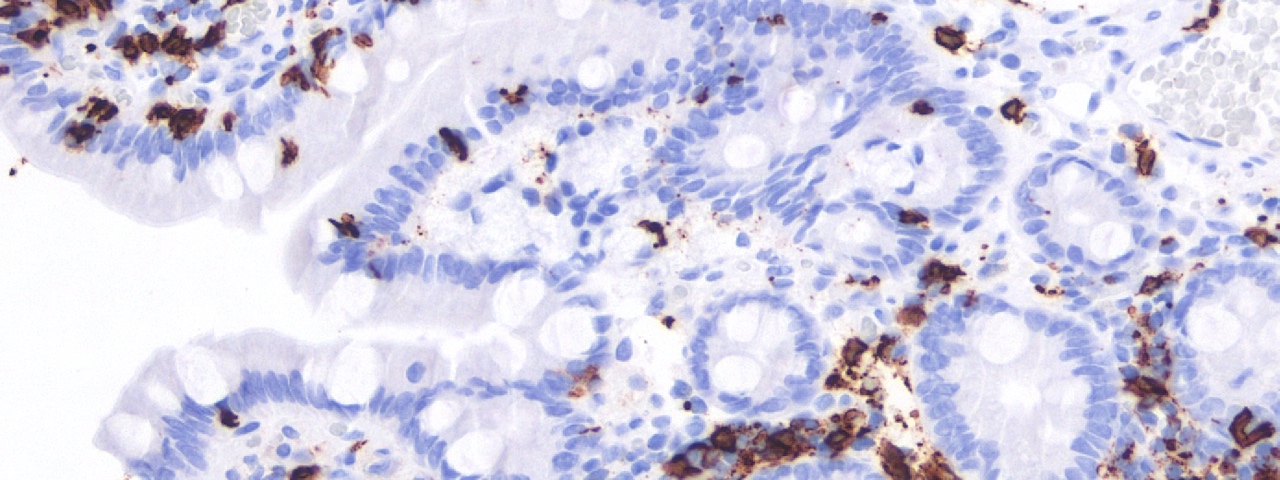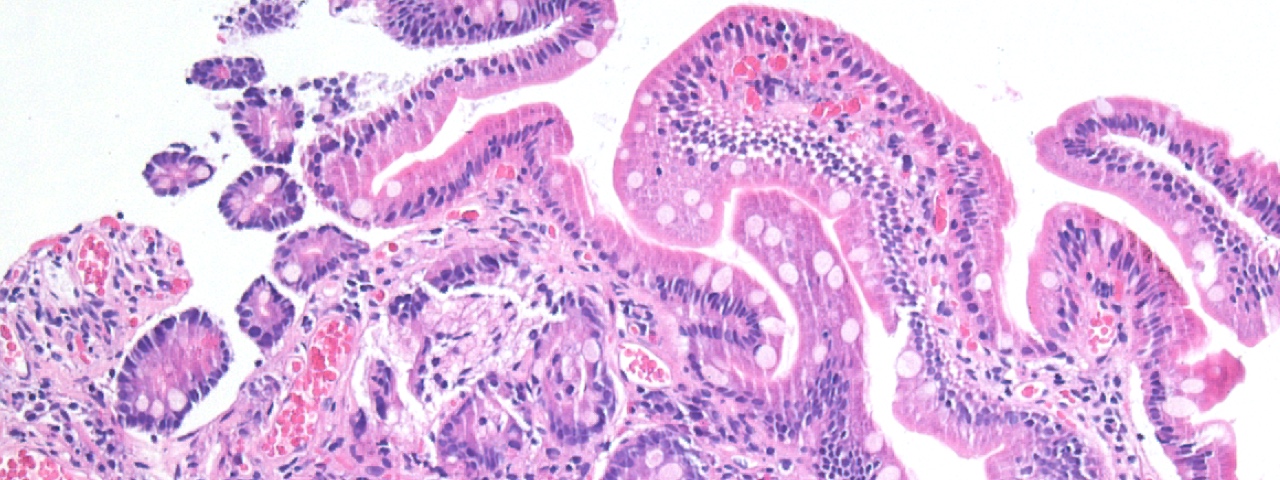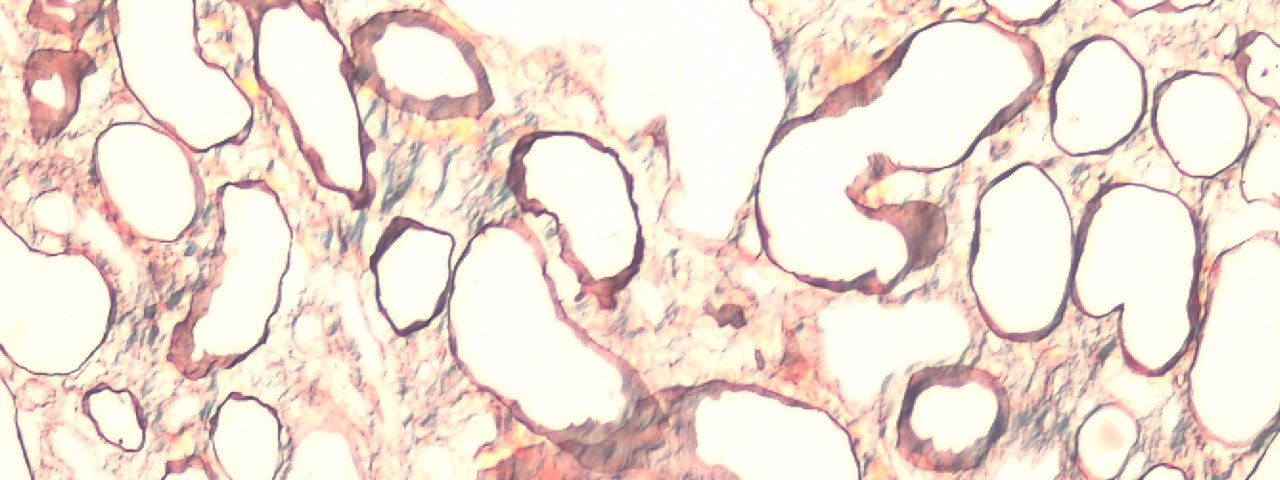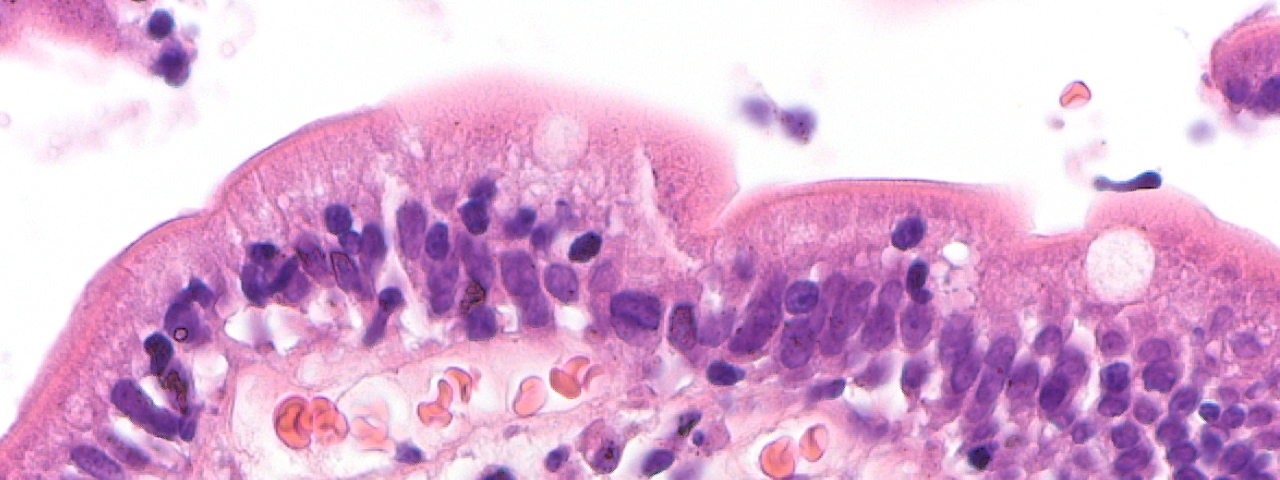The goal of the CRC 1160
The Collaborative Research Center (CRC) 1160. “Immune-mediated pathology as a consequence of impaired immune reactions (IMPATH)” is a research consortium of clinical and basic immunologists exploring the basis of diseases mediated by the immune system.
The CRC sets out to challenge the traditional idea that an “overreaction” or “deviation“ of normal immune responses is pivotal to immune mediated pathology and that, consequently, immunosuppression is the appropriate therapeutic strategy for such disorders. Instead, the conceptual basis of the CRC is the idea that impaired immune reactions constitute a major prerequisite for immunopathology. This is what we call the “IMPATH paradox”. This paradox implies that immune reconstitution and/or immune stimulation rather than immunosuppression represent appropriate therapeutic principles for these forms of immunopathology.
News
Publications
Gautam A, Boyd DF, Nikhar S, Zhang T, Siokas I, Van de Velde LA, Gaevert J, Meliopoulos V, Thapa B, Rodriguez DA, Cai KQ, Yin C, Schnepf D, Beer J, DeAntoneo C, Williams RM, Shubina M, Livingston B, Zhang D, Andrake MD, Lee S, Boda R, Duddupudi AL, Crawford JC, Vogel P, Loch C, Schwemmle M, Fritz LC, Schultz-Cherry S, Green DR, Cuny GD, Thomas PG, Degterev A, Balachandran S. 2024. Necroptosis blockade prevents lung injury in severe influenza. Nature. Apr 10. doi: 10.1038/s41586-024-07265-8.
Csernalabics B, Marinescu MS, Maurer L, Kelsch L, Werner J, Baumann K, Zoldan K, Panning M, Reuken P, Bruns T, Bengsch B, Neumann-Haefelin C, Hofmann M, Thimme R, Dao Thi VL, Boettler T. 2024. Efficient formation and maintenance of humoral and CD4 T-cell immunity targeting the viral capsid in acute-resolving hepatitis E infection. J Hepatol. 80(4):564-575. doi: 10.1016/j.jhep.2023.12.016.
Zeyer KA, Bornert O, Nelea V, Bao X, Leytens A, Sharoyan S, Sengle G, Antonyan A, Bruckner-Tuderman L, Dengjel J, Reinhardt DP, Nyström A. 2024. Dipeptidyl peptidase-4-mediated fibronectin processing evokes a pro-fibrotic extracellular matrix. J Invest Dermatol. S0022-202X(24)00260-4. doi: 10.1016/j.jid.2024.03.020.
Caballero-Oteyza A, Crisponi L, Peng XP, Yauy K, Volpi S, Giardino S, Freeman AF, Grimbacher B, Proietti M. 2024. GenIA, the Genetic Immunology Advisor database for inborn errors of immunity. J Allergy Clin Immunol. 153(3):831-843. doi: 10.1016/j.jaci.2023.11.022.
Herr LA, Fiala GJ, Sagar, Schaffer AM, Hummel JF, Zintchenko M, Raute K, Velasco Cárdenas RM, Heizmann B, Ebert K, Fehrenbach K, Janowska I, Chan S, Tanriver Y, Minguet S, Schamel WW. 2024. Kidins220 and Aiolos promote thymic iNKT cell development by reducing TCR signals. Sci Adv. 10(11):eadj2802. doi: 10.1126/sciadv.adj2802.






